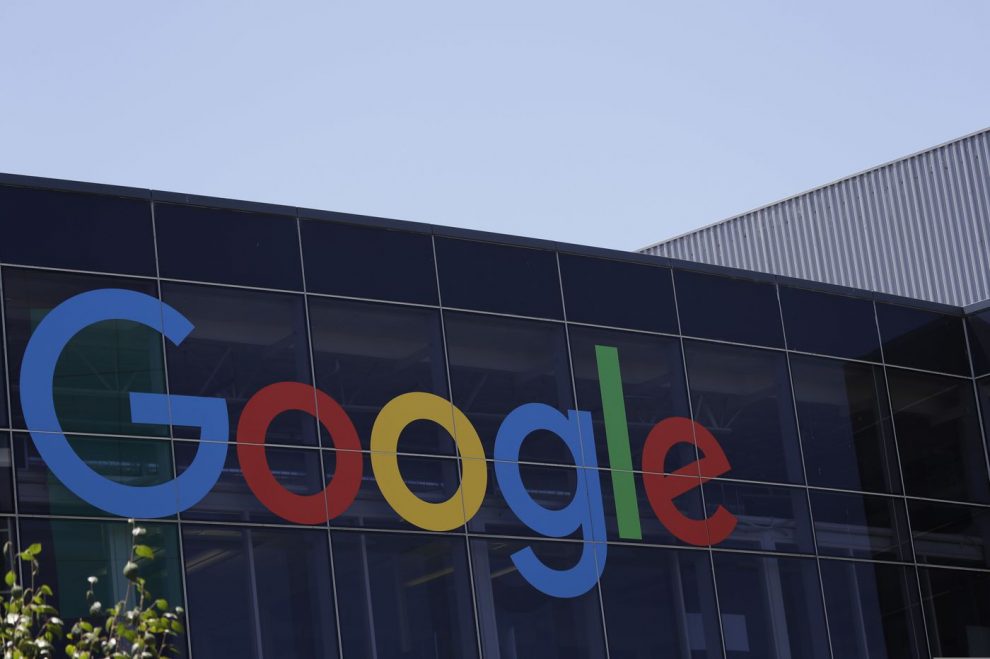According to recent reports, the U.S. Justice Department is preparing to launch an antitrust investigation into Alphabet Inc.’s Google.
The Wall Street Journal reports that the U.S. Justice Department is preparing to begin an antitrust investigation into Google that could see the tech giant come under a new wave of scrutiny from regulators. According to people familiar with the matter, the antitrust division of the Justice Department has been gathering information and preparing for the investigation for weeks.
The Federal Trade Commission (FTC), which shares antitrust authority with the Justice Department, has previously conducted antitrust investigations into Google on a broader scale but closed the investigation in 2013 with no action taken. Google did, however, make some voluntary changes to some of its business practices as a result of the investigation.
The FTC and Justice Department have been discussing which group will oversee further antitrust investigations of Google, with the FTC agreeing to give the Justice Department full jurisdiction over Google. Now that an understanding has been reached between the two government bodies, the Justice Department is preparing to conduct an in-depth investigation into Google. It has yet to be revealed if the Justice Department has contacted Google in relation to the investigation.
NORAD Launches US Fighter Jets as Russian Military Aircraft Enter American Air Defense Identification Zone
Virginia Dems mandate Jan. 6 be taught as ‘violent insurrection,’ ban election fraud claims in schools
Trump Turns Up Heat on Republicans, Pressures Them to Pass SAVE Act: ‘Country Defining Fight for the Soul of Our Nation!’
Pentagon policy chief grilled as Dem claims Trump broke promise about going to war with Iran
Georgia sheriff arrested on DUI charge after blood alcohol content was allegedly almost triple legal limit
Small plane crashes into Phoenix home minutes after takeoff, injuring 3
‘Third-party’ auditor investigating Minnesota fraud received millions in state Medicaid funds
Macron vows nuclear arsenal boost as Europe turns to nukes amid rising global threats
‘Under siege’: Inside the growing radical Islam threat critics say is hiding in plain sight in deep red Texas
Walz-Ellison administration ‘enabled’ Minnesota’s fraud scandal: Guy Benson
NYC Dept of Education employee arrested, charged with murder of Bronx father
Savannah Guthrie returns to ‘Today’ show studio for first time since mother went missing
Iran widens regional war with first strike into Azerbaijan
5 House Oversight Committee Republicans Join with Democrats to Subpoena Pam Bondi in Epstein Probe
As Jasmine Crockett Concedes Texas Senate Primary, Attention Focuses on Radical Dem Who Beat Her
Those familiar with the matter stated that the Justice Department has been in contact with third-party groups that have been critical of Google in the past. The Wall Street Journal reached out to the Justice Department and Google for comment on the matter but did not receive a reply. The FTC declined to comment on the issue.
Breitbart News reported in March of this year that Silicon Valley giant Google has been fined $1.7 billion by the European Union for the company’s third breach of E.U. antitrust laws in three years. The latest fine against the company relates to Google’s AdSense advertising service and “illegal practices in search advertising brokering to cement its dominant market position,” according to European Competition Commissioner Margrethe Vestager.
Vestager and her team concluded that third-party websites that sued Google to power their search and advertising features had “restrictive clauses in contracts” preventing them from hosting ads from rival search engines. In a press release, Vestager stated:
Today the Commission has fined Google €1.49 billion for illegal misuse of its dominant position in the market for the brokering of online search adverts. Google has cemented its dominance in online search adverts and shielded itself from competitive pressure by imposing anti-competitive contractual restrictions on third-party websites. This is illegal under EU antitrust rules. The misconduct lasted over 10 years and denied other companies the possibility to compete on the merits and to innovate – and consumers the benefits of competition.
NORAD Launches US Fighter Jets as Russian Military Aircraft Enter American Air Defense Identification Zone
Virginia Dems mandate Jan. 6 be taught as ‘violent insurrection,’ ban election fraud claims in schools
Trump Turns Up Heat on Republicans, Pressures Them to Pass SAVE Act: ‘Country Defining Fight for the Soul of Our Nation!’
Pentagon policy chief grilled as Dem claims Trump broke promise about going to war with Iran
Georgia sheriff arrested on DUI charge after blood alcohol content was allegedly almost triple legal limit
Small plane crashes into Phoenix home minutes after takeoff, injuring 3
‘Third-party’ auditor investigating Minnesota fraud received millions in state Medicaid funds
Macron vows nuclear arsenal boost as Europe turns to nukes amid rising global threats
‘Under siege’: Inside the growing radical Islam threat critics say is hiding in plain sight in deep red Texas
Walz-Ellison administration ‘enabled’ Minnesota’s fraud scandal: Guy Benson
NYC Dept of Education employee arrested, charged with murder of Bronx father
Savannah Guthrie returns to ‘Today’ show studio for first time since mother went missing
Iran widens regional war with first strike into Azerbaijan
5 House Oversight Committee Republicans Join with Democrats to Subpoena Pam Bondi in Epstein Probe
As Jasmine Crockett Concedes Texas Senate Primary, Attention Focuses on Radical Dem Who Beat Her
The European Commission reviewed hundreds of contracts dating back to 2006 that included these restrictive clauses. Google alleged that the company phased these exclusivity arrangements out in 2009, replacing them with “premium placement” clauses that guaranteed the most profitable spaces in search results were given to Google ads. In 2009, Google also added clauses to their contract requiring that websites ask Google for approval to change how rival ads are displayed, including the size and color of the ads.
Story cited here.
























